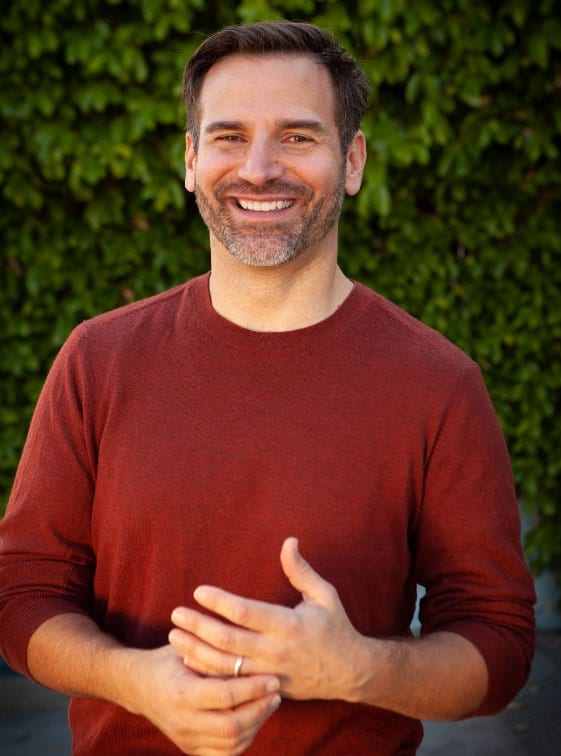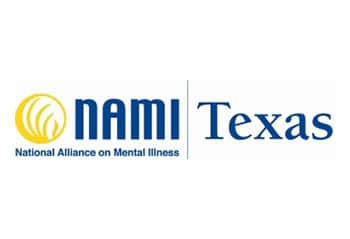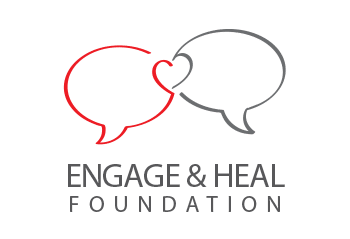Previous Events
PREVIOUS EVENTS
Meet the speaker
MEET THE SPEAKER
Ross Szabo, CEO of the Human Power Project (April 2023 event)

What are the warning signs? What resources can provide guidance in sensitive situations?
Join us for an honest and helpful discussion on mental health
APRIL 3, 2023AT SONESTA BEE CAVE
- 9 – 10:30 am: Take Charge of your Mental Health (for parents, caregivers and clinicians) FREE
- 11:30 am – 1 pm: Meet & Greet Luncheon with Ross Szabo (A $25 donation includes entry to the luncheon and a signed copy of Ross Szabo’s book)
- 6:30 – 8:30 pm: Behind Happy Faces (for students, families, caregivers, clinicians, all!) FREE
Talking about emotions can be a challenge, but Ross’s brutally honest, relatable and humorous approach puts audiences at ease as they confront a difficult topic.
Ross’s story
When Ross was a freshman in college, everything on the surface seemed to be fine. He was making friends, getting good grades and had a fun social life. However, no one could have imagined how many emotions he was suppressing. Ross was diagnosed with bipolar disorder at age 16, was hospitalized for attempting to take his own life during his senior year of high school, and like so many other freshmen, just wanted to fit in. He tried to hide what he was feeling to convince everyone that everything was ok, but that can only last for so long. Ross’s story resonates with the millions of college students who are putting on a happy face to hide their true emotions.
What to expect
Ross uses tasteful humor and insights to help participants understand common mental health conditions and individual differences. He also covers warning signs that students can look for in their friends and peers, as well as resources that can provide guidance in these sensitive situations.
His background
Ross is now the CEO of the Human Power Project. He is an award-winning mental health speaker, writer, trainer and Returned Peace Corps Volunteer. Ross has spoken to more than one million students about the importance of mental health and provided a positive example to empower them to seek help. He received the 2010 Didi Hirsch Removing the Stigma Leadership Award, 2012 Changing Minds Award and had his advocacy work entered into the Congressional Record. He is the co-author of Behind Happy Faces; Taking Charge of Your Mental Health and a blogger for The Huffington Post.
Why support?
By supporting transparency around the topic of mental health/wellness, we can help build a community where all people can seek, without fear or shame, support for mental health matters. Our strategy for community inclusion is to bring mental health/wellness into full view with the help of guest speakers. Help us to end the shame and silence surrounding mental health.
Source: 2022 Key Findings, Mental Health America
Event Sponsors





Some facts
Suicidal ideation continues to increase among adults in the U.S.4.58% of adults report having serious thoughts of suicide, an increase of 664,000 people from last year’s dataset.
A growing percentage of youth in the U.S. live with major depression. 15.08% of youth experienced a major depressive episode in the past year, a 1.24% increase from last year’s dataset.
Over 2.5 million youth in the U.S. have severe depression, andmultiracial youth are at greatest risk. 10.6% of youth in the U.S. have severe major depression (depression that severely affects functioning). The rate of severe depression was highest among youth who identified as more than one race, at 14.5% (more than one in every seven multiracial youth).
Over half of adults with a mental illnessdo not receive treatment, totaling over 27 million adults in the U.S. who are going untreated.
The percentage of adults with a mental illness who report unmet need for treatmenthas increased every year since 2011. In 2019, 24.7% of adults with a mental illness report an unmet need for treatment.
Over 60% of youth with major depression do not receive any mental health treatment. Even in states with the greatest access, nearly one in three are going without treatment. In Texas, the bottom-ranked state for this indicator,nearly three-quarters of youth with depression did not receive mental health treatment.
Nationally,fewer than 1 in 3 youth with severe depression receive consistent mental health care. Even among youth with severe depression who receive some treatment, only 27% received consistent care.
Rates of substance use are increasing for youth and adults, even prior to the COVID-19 pandemic.7.74% of U.S. adults and 4.08% of youth had a substance use disorder in the past year. Substance use increased 0.07% for adults and 0.25% for youth over last year’s report.
